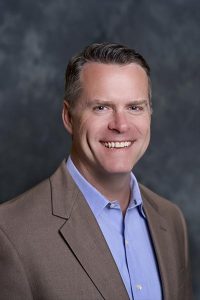 From the Desk of the CEO
From the Desk of the CEO
In the Habitat for Humanity values, we state that through faith, the miniscule can be multiplied to accomplish the magnificent; and that, in faith, respectful relationships can grow among all people. While I always appreciate alliteration, recent events of violence in the United States and the current political rhetoric and atmosphere both at the state and national level have challenged my belief in this value, especially the last part about respectful relationships growing among all people.
Go to the foundation
Through faith, Clarence & Florence Jordan and Martin & Mabel England formed a religious community in southern Georgia in 1942 called Koinonia (originating from Greek to mean Christian fellowship or community), where they farmed for their livelihood and built relationships with neighbors. A core principle for the community was that all are brothers and sisters all are equal under the parentage of a loving God. In the early 40’s, Koinonia set about having black and white families work, live and worship alongside of each other peacefully and equally. Respect was commonplace at Koinonia.
Koinonia was the birthplace of what became Habitat for Humanity. Clarence Jordan is considered the spiritual founder of Habitat, while Millard and Linda Fuller launched the current model that is still in place now 40 years later. The founders of Koinonia inspired the value today of which I am wrestling. They lived it. Koinonia still prospers 74 years later in Americus, Georgia, but their commitment to racial equality, pacifism, and economic sharing brought bullets, bombs and a boycott in the 1950s as the KKK and others attempted to force them out. Koinonia was a beacon of hope when it seemed like hatred was everywhere.
How did they do it? They responded with prayer, nonviolent resistance, and a renewed commitment to live the Gospel.
Challenges of yesterday, today, tomorrow
Now, over 50 years later our country is still seeing division along racial lines played out with violence. In the Indianapolis Star on July 25th, it was reported that the Ku Klux Klan distributed more than 200 letters to Fishers residents, calling for white Americans to “wake up,” encouraging them to join United Northern & Southern Knights of the Ku Klux Klan. If you only paid attention to the news, it would appear that not much has changed.
In the New York Times article by columnist David Brooks, titled “Are we on a path to national ruin?” Brooks references the late 19th century as potentially similar to our current times of division. He wrote, “Back in the 1880s and 1890s, America faced crises as deep as the ones we face today. The economy was going through an epochal transition, then to industrialization. The political system was worse and more corrupt than ours is today. Culturally things were bad, too. Racism and anti-immigrant feelings were at plague-like levels. Urban poverty was indescribable. And yet America responded.” Read the full article here.
He references various instances where people responded with ways to multiply the miniscule to accomplish magnificent things with and for others.
We can debate the differences between our current ethnic and socioeconomic division and that of any point in the past. Is it better? Is it worse? That can be healthy, but I am more interested how Greater Indy Habitat for Humanity can build off the legacy of Koinonia and be a beacon of hope. Our heritage is wrapped up in action as Koinonia has shown.
How will we take action?
We use homeownership as a means to provide strength, stability and self-reliance with the families who purchase a home with a 0% interest mortgage. Our board, staff, Tiger Team of year-round retired volunteers and the 8,000-10,000 annual volunteers all walk alongside homebuyers to assist with teaching long-term, homeownership success strategies and help by volunteering to build or rehabilitate their future home. It is simple, yet profound. Help a family achieve ownership, an American desire since the early homesteaders settled Indiana.
When the weight of the current culture pushes down on me like a wine press, I am encouraged that just as the tension of the press creates fine wine, we see the fruit of thousands of people who choose to love their neighbor through their volunteer action. Thousands of people from various ethnicities, socioeconomic and religious backgrounds come together, respectfully, to work together for a day or several times a year to help a family.
Love through action
There is power in setting aside differences and working alongside each other for the benefit of others. It is this power that helps me see that division can be overcome through love in action. Koinonia responded with prayer, nonviolent resistance, and a renewed commitment to live the Gospel. While our model was born out of Koinonia, today Habitat for Humanity is as an ecumenical Christian organization, and while pacifism isn’t at the core of our values, we see the gospel lived out through the actions of those who help those who aspire to a stronger and more stable life.
The division is real in our culture and so is the action of neighbor loving neighbor as played out in our mission every day. If we can continue to magnify that love which is displayed every day in our work, then once again, we can rise up to chip away at the face of hate with the action of love.


Well said, brother! Thanks for the constant inspiration, sir!